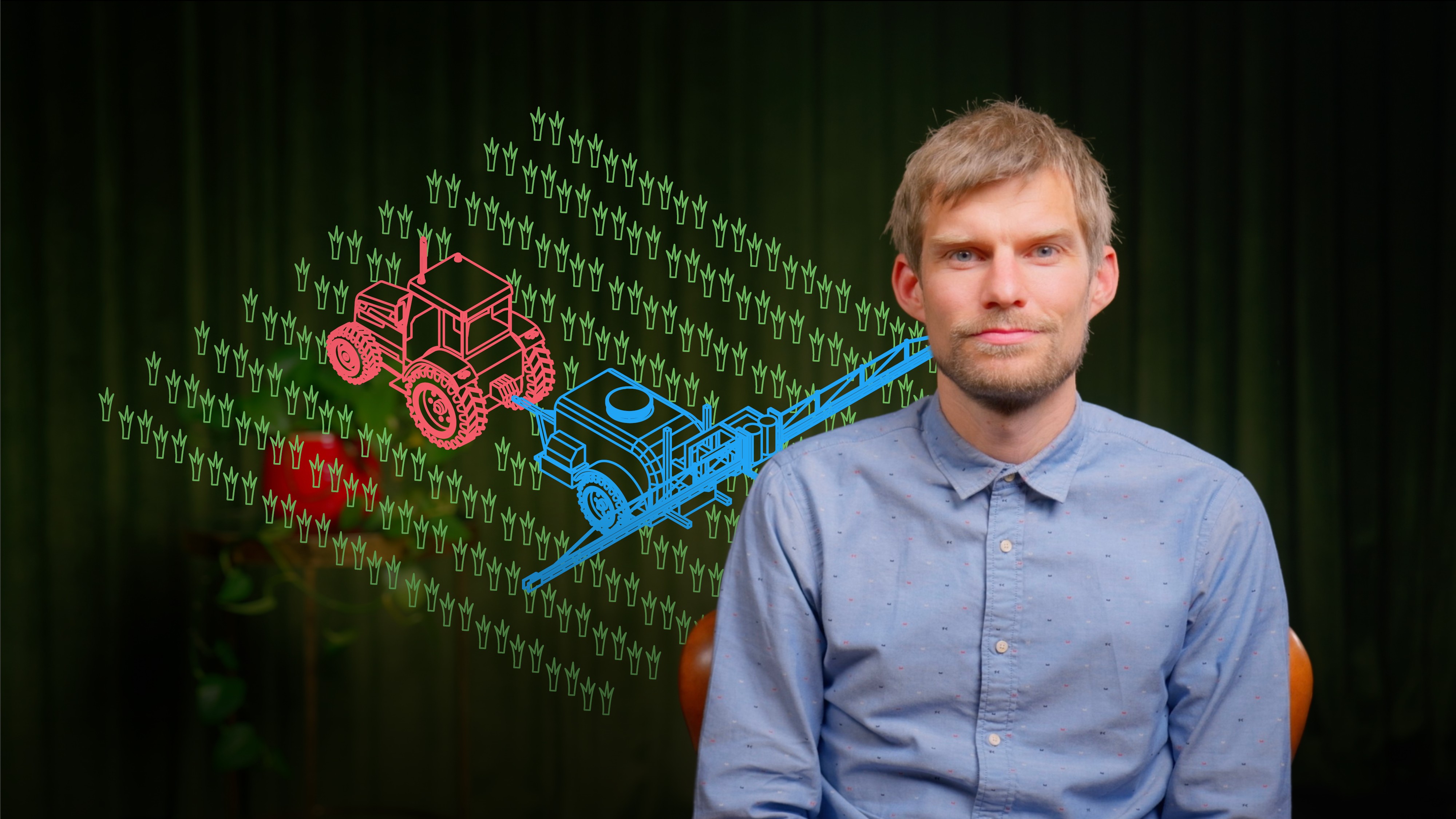
Why Our Extractive Agriculture System is Not Sustainable

Koen van Seijen
20 years: Food and agriculture
In this video, Koen van Seijen unpacks the harsh realities of our current extractive agricultural system. He explores the immense challenges we face, from energy-intensive farming practices to the degrading of natural resources. Koen delves into the risks these systems pose. He concludes by emphasising the urgent need for a shift towards regenerative agriculture, which could offer a sustainable solution to these pressing issues.
In this video, Koen van Seijen unpacks the harsh realities of our current extractive agricultural system. He explores the immense challenges we face, from energy-intensive farming practices to the degrading of natural resources. Koen delves into the risks these systems pose. He concludes by emphasising the urgent need for a shift towards regenerative agriculture, which could offer a sustainable solution to these pressing issues.
Subscribe to watch
Access this and all of the content on our platform by signing up for a 7-day free trial.

Why Our Extractive Agriculture System is Not Sustainable
10 mins
Key learning objectives:
Outline the key problems with extractive (industrial) agricultural systems
Understand the financial, environmental and health risks associated with extractive agriculture
Explore the need for and benefits of transitioning to regenerative agriculture to create a more sustainable and resilient food system
Overview:
Subscribe to watch
Access this and all of the content on our platform by signing up for a 7-day free trial.
Subscribe to watch
Access this and all of the content on our platform by signing up for a 7-day free trial.

Koen van Seijen
There are no available Videos from "Koen van Seijen"





























